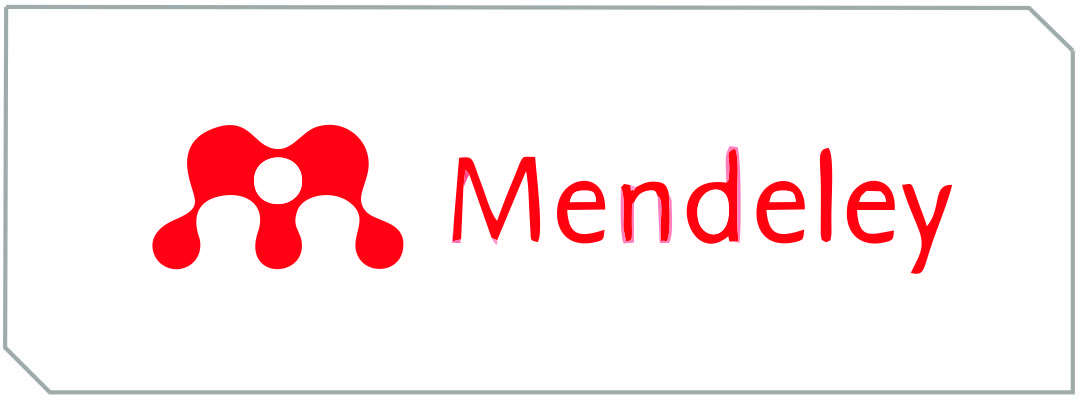Analisis Manajemen Kurikulum Sekolah Minggu Buddha dalam Meningkatkan Mutu Pembelajaran
Studi Kasus Sekolah Minggu Buddha Se-Kabupaten Nabire, Provinsi Papua Tengah
DOI:
https://doi.org/10.47861/dhammavicaya.v7i2.1646Keywords:
Curriculum Management, Buddhist Sunday School, Learning QualityAbstract
The focus of this research is the low quality of learning, the Buddhist Sunday school curriculum has not been implemented, there is no maximum and systematic learning planning, there is no organization, implementation and evaluation of the curriculum, especially non-formal education. To make this happen, one way that can be taken is through managing the Buddhist Sunday School curriculum by adapting the curriculum that has been published by the government and according to the needs of the community. The aim of this research is to determine the management of the Buddhist Sunday School curriculum in Nabire Regency. This research is a type of descriptive qualitative research with a case study approach. Data collection techniques in this research: interviews, observation, and documentation. Data analysis techniques include: data presentation, data reduction and data verification. Data validity testing includes: Data triangulation. The results of this research show that: curriculum management at the Buddha Dharma Karuna Nabire Sunday School (SMB) has been implemented well, starting from planning, organizing, implementing and evaluating, although it is still simple, not optimal and systematic
References
Burhanuddin. (1994). Analisis administrasi manajemen dan kepemimpinan pendidikan (1st ed.). Bumi Aksara.
Cahyo Budi. (2018). Manajemen pembelajaran (1st ed., Vol. 1). Semarang Unes Press.
Dharma, B., Wijoyo, H., & Anjayani, S. N. (2020). Pengaruh pendidikan Sekolah Minggu Buddha terhadap perkembangan fisik-motorik peserta didik kelas Sati di Sariputta Buddhist Studies. Jurnal Ilmu Agama dan Pendidikan Agama Buddha, 2(2).
Girivirya, S. (2019). Model evaluasi Sekolah Minggu Buddha (SMB). https://drive.google.com/drive/folders/1quG_0P-kmUbh4-xJbnEvx7YzjNZhbRO5?
Hidayat, N., Sutrisno, S., & Permatasari, T. (2023). Transformasi Sekolah Tinggi Agama Buddha Nalanda menjadi Institut Agama Buddha Nalanda: Tinjauan studi kelayakan dalam konteks sosial budaya. Innovative: Journal of Social Science Research, 3(5), 4174–4189. https://j-innovative.org/index.php/Innovative/article/view/5331
Hidayati, W., Syaefudin, & Muslimah, U. (2021). Kurikulum dan program pendidikan (Konsep dan strategi pengembangan) (1st ed., Vol. 1). Semesta Aksara.
Keputusan Dirjend Bimas Buddha No. DJ.VI/97/SK/2009 tentang petunjuk teknis penyelenggaraan Sekolah Minggu Buddha, Kementerian Agama (2009).
Kuntoro, S. A. (2006). Pendidikan nonformal (PNF) bagi pengembangan sosial. Jurnal Ilmiah VISI PTK-PNF, 1(2).
Lincoln, Y. S., Guba, E. G., & Pilotta, J. J. (1985). Naturalistic inquiry. International Journal of Intercultural Relations, 9(4), 438–439. https://doi.org/10.1016/0147-1767(85)90062-8
Maleong, L. J. (2018). Metodologi penelitian kualitatif (3rd ed., Vol. 3). PT. Remaja Rosdakarya.
Sadtyadi, H. (2018). Re evaluasi tugas guru pendidikan Agama Buddha dalam penguasaan dan pengembangan bahan ajar dan model penilaian. Widyacarya, 2(1), 84–93.
Sagala, S. (2017). Konsep dan makna pembelajaran (13th ed.). Penerbit Alfabeta.
Suharyat, Y. (2022). Model pengembangan karya ilmiah bidang pendidikan Islam (I. Muthi, Ed.; 1st ed., Vol. 1). Lakeisha.
Sulani, P., Sukarno, S., Muawanah, & Susandy, E. V. (2017). Peran lembaga keagamaan Buddha Kabupaten Tangerang dan Kota Tangerang Selatan dalam pelayanan pendidikan agama Buddha. Academia.
Syahruddin. (2018). Implementasi kebijakan publik (1st ed.). Nusa Media.
UU No. 20 Tahun 2003. (2003). Undang-Undang Republik Indonesia Nomor 20 Tahun 2003.
Downloads
Published
How to Cite
Issue
Section
License
Copyright (c) 2025 Dhammavicaya : Jurnal Pengkajian Dhamma

This work is licensed under a Creative Commons Attribution-NonCommercial-ShareAlike 4.0 International License.






